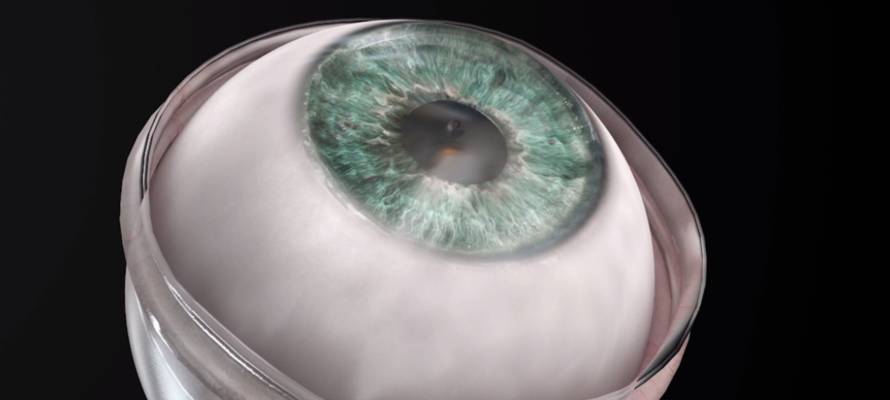The Israeli procedure uses advanced cell nano-technology that could revolutionize cornea transplants to bring sight back to millions.
By Yakir Benzion, United With Israel
An Israeli developed artificial cornea is set to revolutionize the world of cornea transplants, the bio-tech company CorNeat announced this week.
With more than 44,000 corneal transplants being performed in the U.S. every year it is the most common human transplant after blood donation. However, with the new fears for virus transmission from the COVID-19 pandemic affecting anything relating to human tissue, CorNeat’s new artificial cornea overcomes that problem and the company has received approval to start human trials.
The cornea is the clear outer layer at the front of the eye that helps the eye focus light so we can see. Too often, the cornea becomes damaged and stops letting light through, but can be replaced and corneal transplantation has been done for over a century.
Human transplants don’t always take, so CorNeat developed the first synthetic cornea that “bio-integrates” with the eye wall. Although there are three other types of artificial corneas, the new KPro implant is designed to replace deformed or scarred corneas that have become clouded. This type of artificial cornea is expected to fully rehabilitate the vision of corneally blind patients immediately following implantation.
Human testing will start this year in Israel with 10 blind patients who for various reasons are not candidates for a cornea transplant, or have had one or more human corneal transplants that failed. Additional testing will take place later this year in eight leading hospitals including in Canada and the United States.
CorNeat researchers developed a technique by which the artificial cornea integrates with resident ocular tissue using a new patented synthetic non-degradable nano-fabric material.
“Following rigorous pre-clinical testing and successful animal trials, we feel confident moving on and proving our device’s safety and efficacy in humans,” said KPro inventer Dr. Gilad Litvin, CorNeat Vision’s Chief Medical Officer. “Our device’s implantation procedure … does not rely on donor tissue, is relatively simple and takes less than an hour to perform.”
“We expect it will enable millions of blind patients around the world, even in areas where there is no corneal practice nor culture of organ donation, to regain their sight,” Litvin said.
Professor David Rootman, a world-renowned Canadian ophthalmologist who has trained nearly a hundred cornea specialists around the world, said the new device “is poised to revolutionize corneal transplantation.”
Rootman said the new artificial cornea has superior optical quality and a simple method for implantation. He expects that it will drive down the use of donated human corneas once the trials prove it works.
“This new solution is completely synthetic and does not rely on donor tissue which can carry a virus or any other disease – a key differentiator during this COVID-19 crisis which greatly impacted the availability of corneal tissue,” Rootman said.
